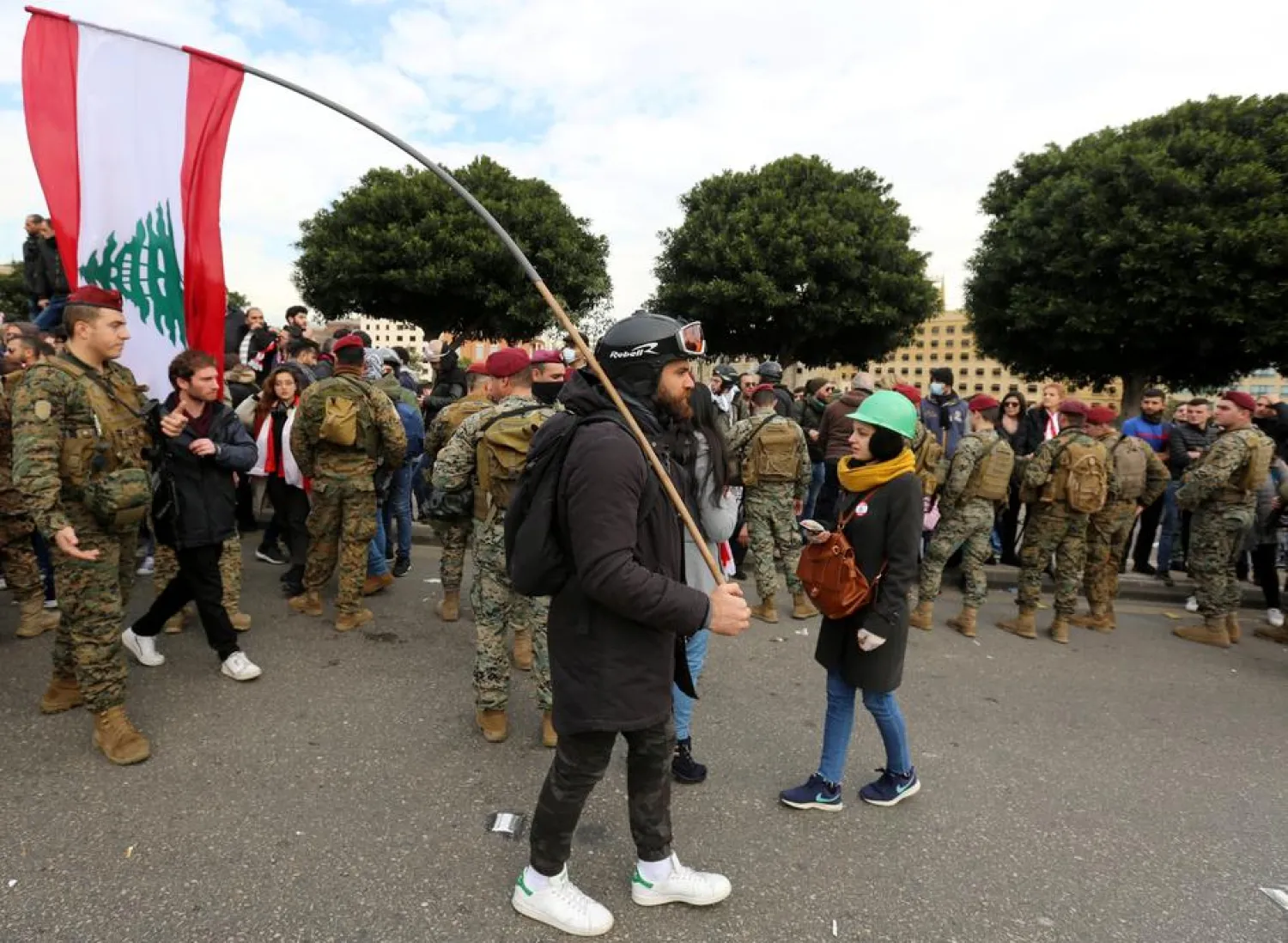Lebanon has the last opportunity to implement the required reforms to obtain aid from the international community despite the main political stakeholders managing thorny issues in the same old partisan way, observers said.
According to the observers, the government of Hassan Diab is incapable of addressing the deteriorating economic and financial situation because its decision is closely linked to the interests of political leaders.
“There is no doubt that Lebanon has the last chance to achieve the expected reforms,” Dr. Nasser Yassin, director of the Issam Fares Institute for Public Policy and International Affairs at the American University of Beirut, told Asharq Al-Awsat.
“The problem in Lebanon is not technical but political. There are a lot of initiatives and plans that were previously developed, in addition to those approved by the government. But the obstacle lies in their implementation.”
“The political system, which has been in place for more than 30 years, has been distributing spoils and funding itself through waste and corruption,” he added.
Yassin stressed that no reform can be achieved without a decision to seriously fight rampant corruption in various sectors.
Real reform must first start with the judiciary, which should be fully independent to combat corruption and hold those responsible accountable, he emphasized.
While praising the professionalism of cabinet ministers, Yassin reaffirmed that their decision was not in their own hands.
Economist Violette Balaa also stressed that Lebanon had the last chance to address its economic situation, given the size of the losses that the Lebanese have incurred in light of the accumulated crises.
“Resorting to the IMF and reviving the CEDRE Conference is a good step, but reform remains the basis, and it will be a test for the government,” she said.
Balaa and Yassin both agree that the electricity sector, which causes losses estimated at $62 billion, should be the reform plan’s top priority.
In addition, the government should cut public sector jobs and combat border smuggling.
Balaa expects a political clash over a decision to close illegal land crossings with Syria, through which smuggling is causing losses of around $4 billion annually.









